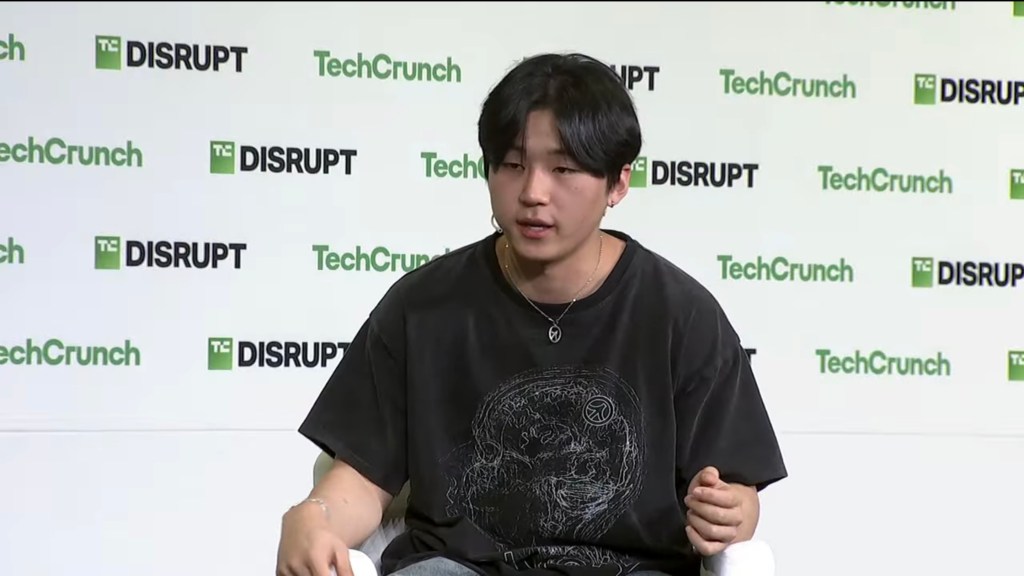Cluely’s Roy Lee: Mastering the Art of Controversy in Startup Marketing
In the rapidly evolving landscape of artificial intelligence, standing out amidst a sea of innovations requires more than just a groundbreaking product. Roy Lee, co-founder and CEO of Cluely, has exemplified this by leveraging a marketing approach that thrives on controversy and virality, propelling his startup into the limelight.
The Genesis of Cluely
Cluely emerged as an AI meeting assistant designed to provide real-time insights, transforming conversations into searchable and shareable reports. However, the product’s functionality isn’t the sole reason for its widespread attention. Lee’s strategic use of provocative marketing tactics has been instrumental in distinguishing Cluely from its competitors.
The Power of Rage-Baiting
At the heart of Cluely’s marketing success is the concept of rage-baiting—a strategy that involves creating content designed to provoke strong emotional reactions, thereby increasing engagement and visibility. Lee’s journey into this approach began during his time at Columbia University, where he developed an AI assistant to aid in job interviews. His candid documentation of using this tool to cheat on interviews, shared across social media platforms, quickly went viral. This bold move not only showcased the capabilities of his AI but also sparked widespread discussion and debate.
From Controversy to Capital
Embracing the tagline cheat on everything, Cluely positioned itself as a disruptor in the AI space. This audacious branding caught the attention of major investors, leading to a $15 million Series A funding round led by Andreessen Horowitz. The investment underscored the belief that in the crowded AI market, capturing attention is as crucial as technological innovation.
Navigating the Backlash
Cluely’s unconventional marketing has not been without its challenges. The startup has faced criticism for promoting unethical behavior, and competitors have developed tools aimed at detecting and countering Cluely’s applications. Despite this, Lee remains steadfast, viewing the controversy as a catalyst for growth and a testament to the effectiveness of his marketing strategy.
Insights from TechCrunch Disrupt 2025
At TechCrunch Disrupt 2025, Lee shared his perspective on the importance of virality in marketing. He emphasized that many companies play it too safe, resulting in their messages getting lost in the noise. By daring to be different and embracing controversy, Cluely has managed to capture and retain public attention, translating it into tangible business success.
The Future of Startup Marketing
Lee’s approach challenges traditional marketing norms, suggesting that in the digital age, where content is abundant and attention spans are short, creating a stir can be a powerful tool. While this strategy may not be suitable for every startup, Cluely’s experience highlights the potential benefits of thinking outside the box and daring to be bold.
Conclusion
Roy Lee’s journey with Cluely serves as a compelling case study in the power of controversial marketing. By leveraging rage-baiting tactics, Cluely has not only differentiated itself in a saturated market but also demonstrated that sometimes, stirring the pot can lead to substantial rewards.



